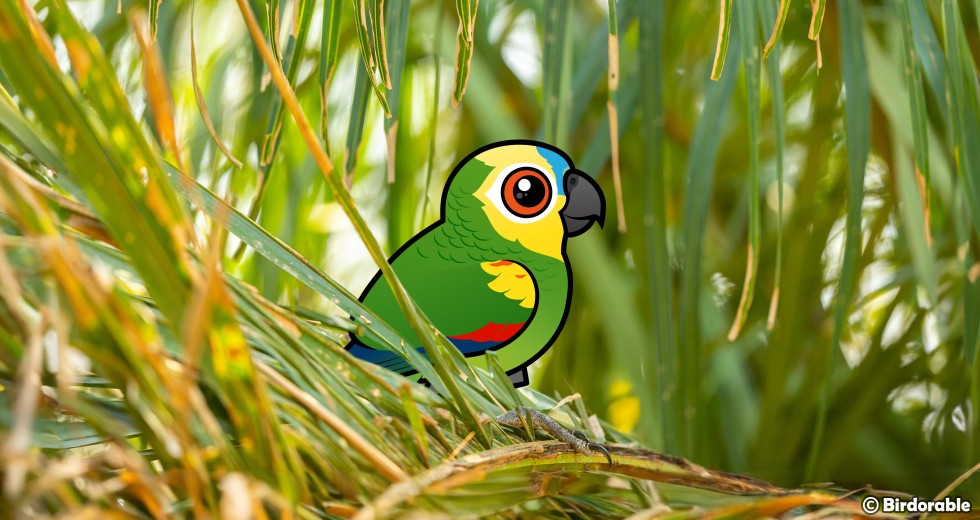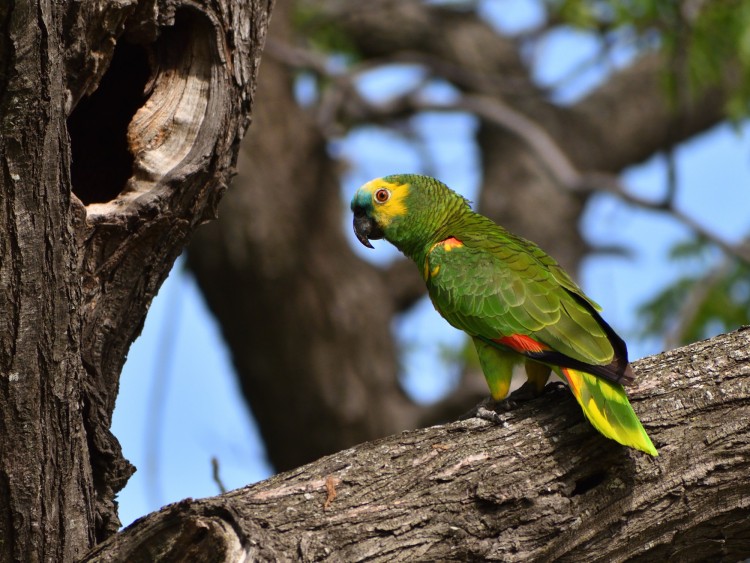Species Profile
The Blue-fronted Parrot: Nature's Skilled Mimic

Their intelligence is matched by their personality. Blue-fronted Parrots, also known as Turquoise-fronted Amazons, are known for their playful, curious, and sometimes mischievous nature. They thrive on social interaction, whether it's with their human families or other birds, making them excellent companions for those who can dedicate time to engage with them.
👉 However, potential owners should be aware that these birds require a lot of attention, mental stimulation, and social interaction to stay happy and healthy. They are not just pets; they are members of the family, requiring a lifelong commitment as they can live for 40-60 years, or even longer!
Researchers study these parrots to understand not just their mimicry skills but also their problem-solving capabilities, memory, and emotional intelligence. These studies have profound implications, challenging our understanding of animal intelligence and contributing to broader discussions on conservation, welfare, and the ethical treatment of birds.
The Blue-fronted Parrot's ability to mimic human speech, combined with their vibrant personality and intelligence, makes them a fascinating subject of study and interest. Whether engaging in mimicry, displaying their curious nature, or simply being a part the natural world, these parrots embody the beauty and complexity of avian life.














Comments
Leave a comment
Thank you!